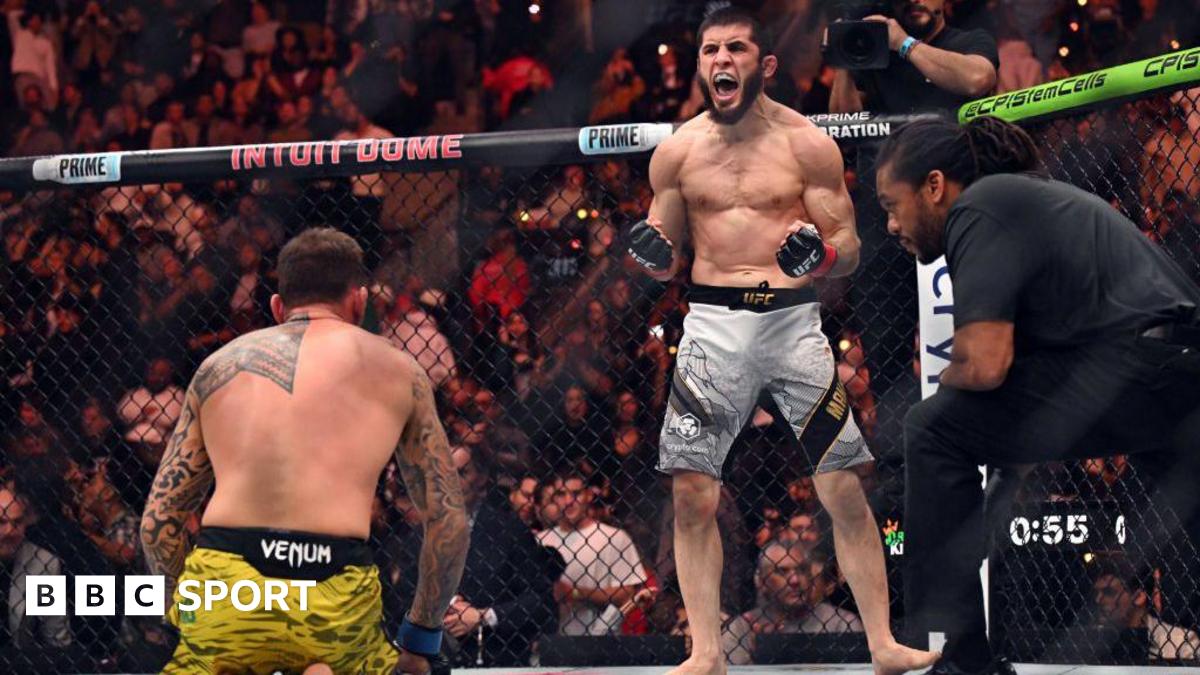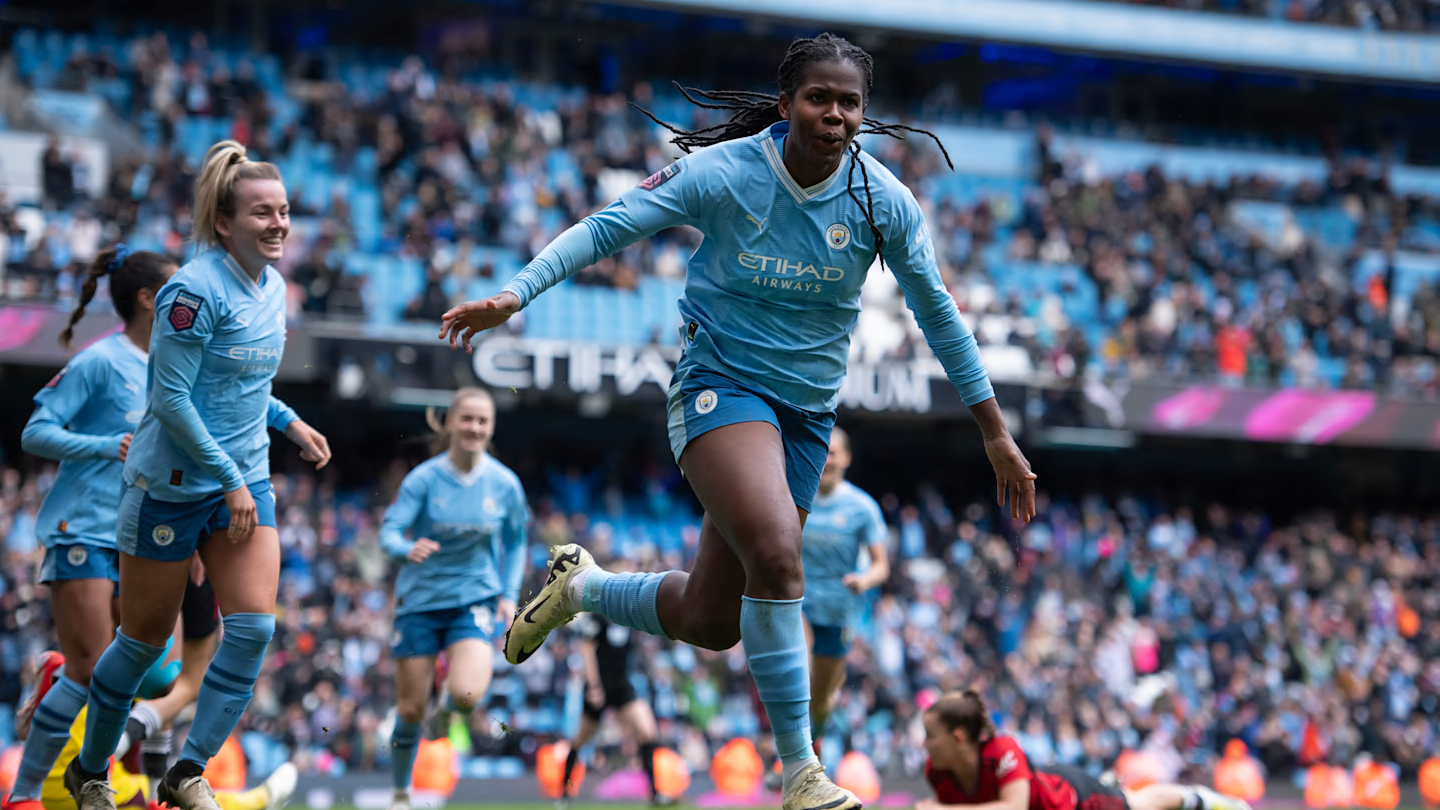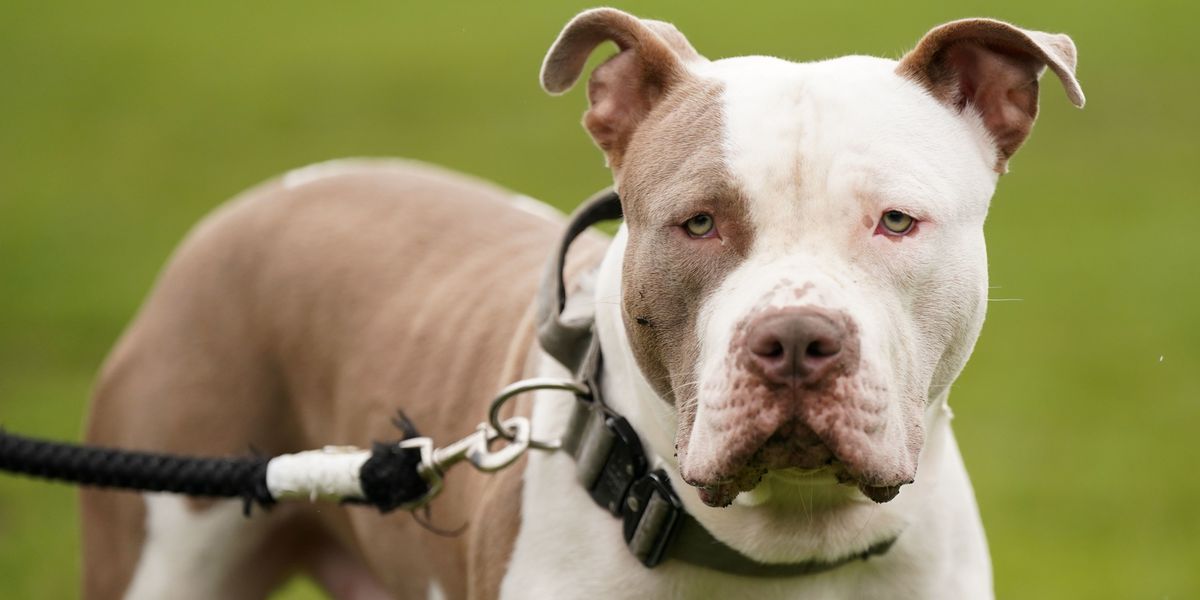Players from different backgrounds are getting fewer opportunities to make it in women's football as the game has grown, Alex Scott says.
The former Arsenal and England defender, who grew up on a council estate, says she would have struggled to reach the top in today's game.
Scott, 40, joined the Gunners when she was eight and won 21 trophies with them, also playing 140 times for her country.
She fears there are fewer chances for inner-city girls now because the number of out-of-town academies makes travel to training more difficult.
"I was lucky," Scott said. "I came from a council estate where I had a youth worker who saw me and used to drive me to Arsenal. As we are trying to progress the game, we took it out of urban areas.
"In this period there is no way with my mum that I would be able to get the bus all the way to Hertfordshire and get to training. It's important the FA have recognised that we are trying to develop the women's game, but in that we are giving less opportunities to everybody.
"Football is for everyone. Everyone should have an equal opportunity and that is what it needs to be taken back to. My responsibility is to continue to highlight important things like that."
The Football Association conducted a review between 2020 and 2023 that looked at the structure of the women's game, with the aim of ensuring there was a pathway to senior football for players from all backgrounds.
That led to the announcement of a new plan for women's football last October. In it, the FA cited four targets it wanted to achieve over the next four years, one of which was to ensure equal opportunities for women and girls to play.
The FA has highlighted that the number of women and girls playing football has risen significantly over the past four years.
A concern over the lack of diversity in the game was one of several topics explored by Scott in the BBC's 2022 documentary The Future of Women's Football.
At club and international level, teams have faced criticism for the low proportion of black, Asian and ethnic minority players. Former Arsenal head coach Jonas Eidevall said the issue "was a problem", while England boss Sarina Wiegman previously said she wanted to see a talent pool that could "represent more the diversity of our community".
Scott said the steps in place are positive, but there is still progress to be made.
"When I did the documentary it was important for me to raise that point," she said.
"We need to do something so I can continue to shout about it, but actually you have to make people responsible. That is when the FA look at themselves. Are they doing something now? Yes, but we need to measure it and say: 'What are you doing? Is it going to be good enough?'
"It is something we can measure in the next couple of seasons to say: 'Are you giving everyone a fair chance?'"
Scott retired from football in 2018 to focus on her broadcasting career.
She has worked at men's and women's World Cups for the BBC, was the first woman to present Football Focus, and regularly hosts BBC Sport's Women's Super League coverage.
Away from football, she has presented The One Show and competed on Strictly Come Dancing in 2019.
"I am a different Alex Scott to so many people," she said. "To young kids I am either Alex Scott the footballer or Alex Scott on Fifa. That is a moment that I haven't managed to take in - that I am a voice on Fifa as the first female in that role.
"I am Alex Scott who they saw on Strictly when I go in the supermarket and people say they were voting for me every week. Or I am Alex Scott from The One Show or Football Focus. That is the only time when I am like: 'Woah, they are watching me here and watching me there.'
"From me being on so many different platforms, I am proud that they then have an interest in women's football. It is bringing in an audience and tying it all together. That is what makes me proud."
Scott's induction into the WSL Hall of Fame was celebrated on Monday alongside those of Steph Houghton, Gilly Flaherty and Rebecca Welch.
"I didn't know the impact I had made when I was stepping in front of the camera and being on TV," Scott said.
"It wasn't until a couple of years ago during Covid, I was riding from my mum's back to my house and there were these two black women on a park bench screaming my name. They said: We watch you on The One Show, we know what you go through, keep going.'
"I'm getting emotional thinking about it, but it was not until that moment, they know all the hate and the abuse, but I am making an impact.
"I am making this a conversation and I am making a young girl sitting at home seeing me on the BBC. Growing up, I never saw anyone like me - that was literally it.
"That moment it hit me, and I was like, right, no matter what keeps coming at me, I know I'm inspiring that young girl to be like: 'There's a place for me."'

 By BBC (Sports) | Created at 2025-01-15 17:24:51 | Updated at 2025-01-19 09:20:25
3 days ago
By BBC (Sports) | Created at 2025-01-15 17:24:51 | Updated at 2025-01-19 09:20:25
3 days ago








